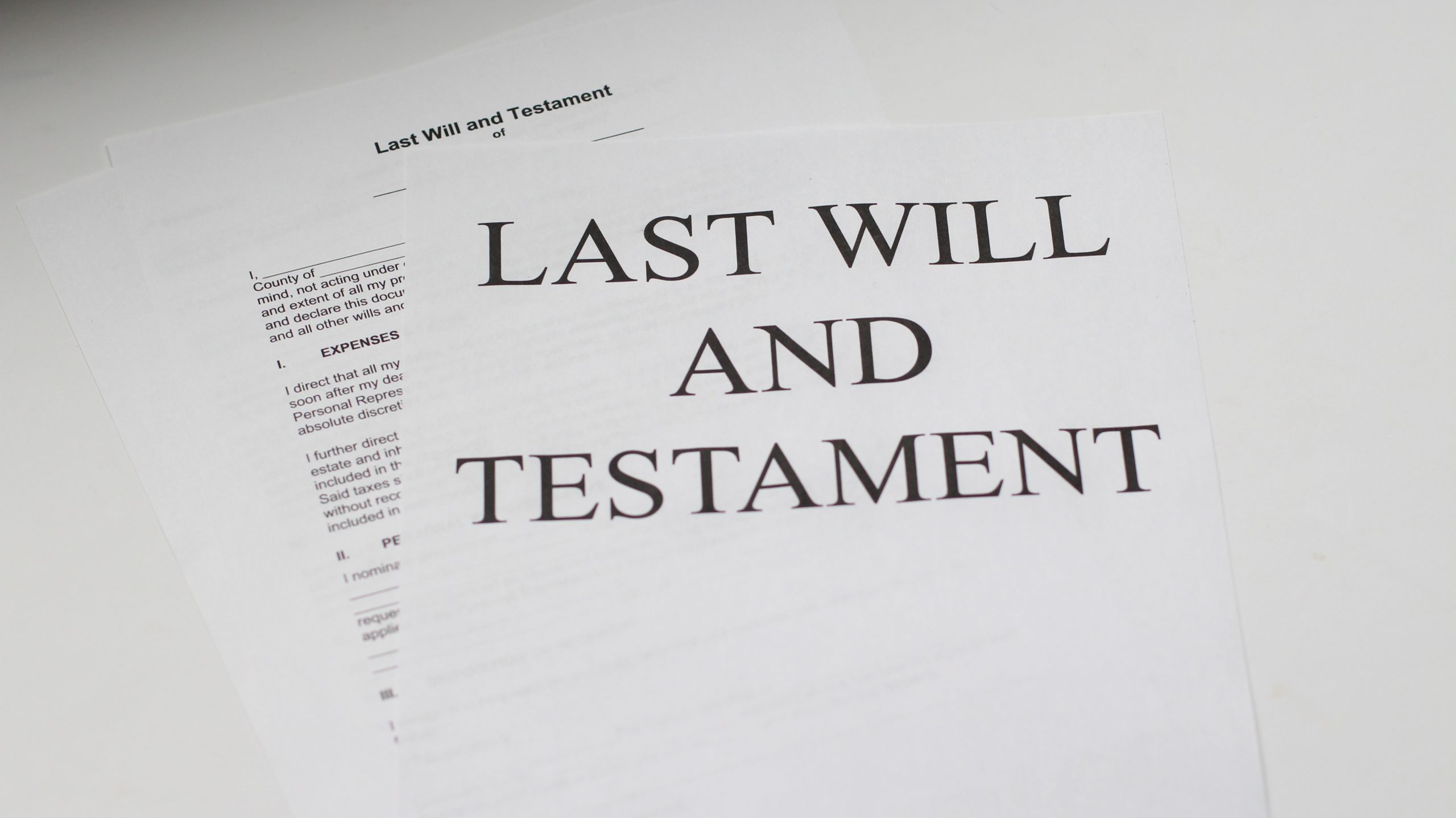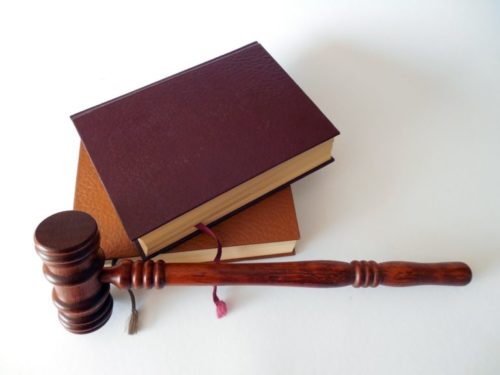To avoid a situation where an individual passes without a will, you will need to ensure that you have an experienced New York estate planning attorney helping you build an individualized estate plan for you. Continue reading to learn about what can happen if an individual passes away without a will in New York.
What happens if I die without writing a will in New York?
If you die without a will in New York, you are deemed to have died “intestate.” This means that the decedent did not have a will at the date of death. If this situation occurs, the division of that individual’s property becomes a statutory determination set forth in the Estates Powers and Trusts Law. If someone dies without a will, the portion of the estate, which would normally pass through the probate process, if that individual died with a will, is determined by the law and the decedent has no control over the distribution of assets. Any assets that are owned solely by the decedent, and do not have any named beneficiaries, are passed onto surviving heirs in a certain order.
It is important that you create a will with a skilled estate planning attorney to ensure that you or a loved one are not in the above situation. With the help of our experienced legal team, you can rest assured you will have an estate plan that is customized to you and your family’s needs.
Who will inherit my property?
An individual that passes away without a will may have his or her property distributed to heirs in the following order:
- Spouses: If the decedent was married with no children, their spouse will acquire all property. If the family has a surviving spouse and children, the surviving husband or wife will inherit the first $50,000 plus half of the remainder of the estate. The children will then inherit the rest.
- Children: If the decedent has no spouse but has living children, the children will inherit everything. New York requires that there must be a legal parent-child relationship in order for a child to inherit the assets. This means that the children must be either adopted children, biological children, children born outside of marriage (if a biological relationship is established), and children born after the decedent’s death. Stepchildren and foster children cannot inherit any portion of the estate unless they were legally adopted before the decedent’s death.
- Parents: If the decedent was not married and had no children at the time of death, the parents will inherit the entire estate.
- Siblings: If the decedent was not married, had no children, and had no living parents, the estate will be designated to his or her brothers and sisters.
- Grandchildren: Grandchildren will receive only if their parent (the decedent’s child) has predeceased the decedent.
- The government: If the decedent has no living family members, his or her property will go to the state of New York.
Contact our Firm
If you or a loved one needs assistance creating an estate plan and wish to speak with an experienced attorney, contact the Law Office of Andres D. Gil, PLLC today.
 ?>
?>


